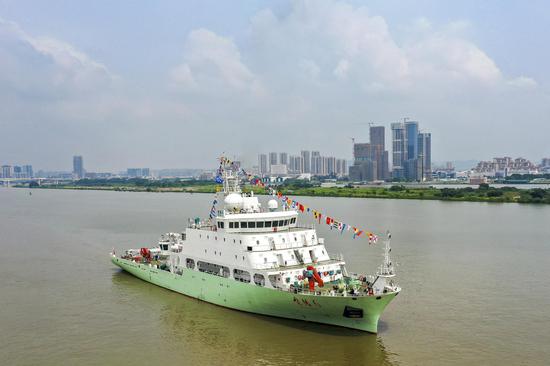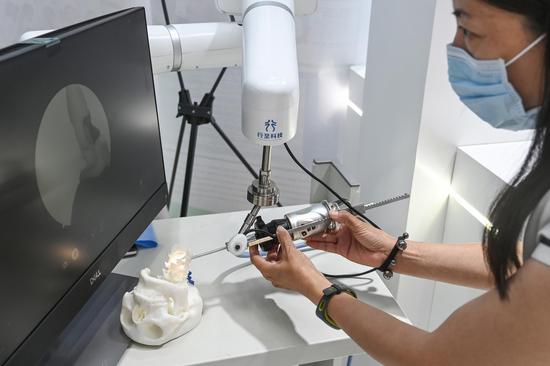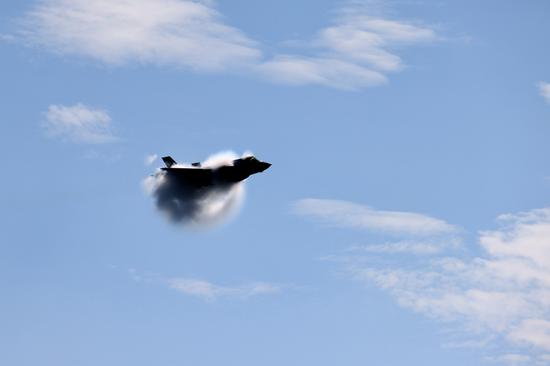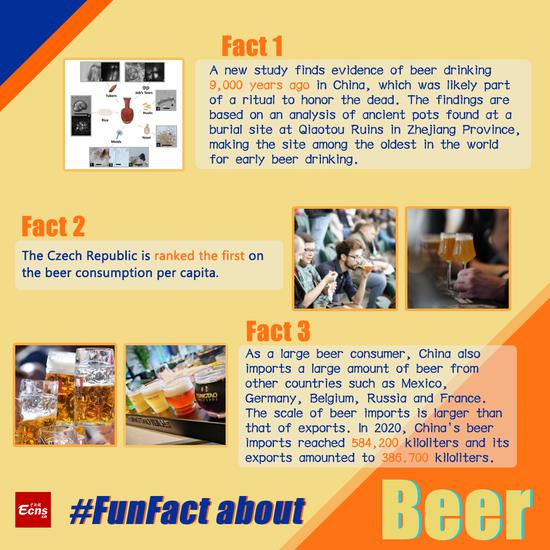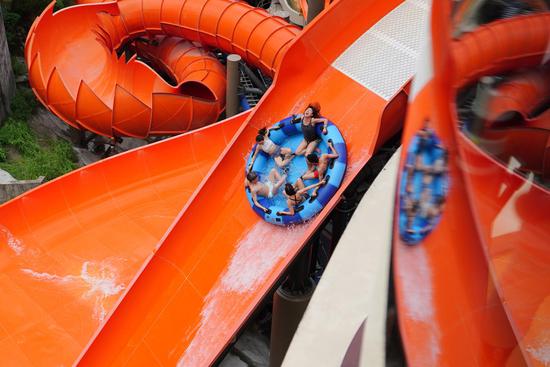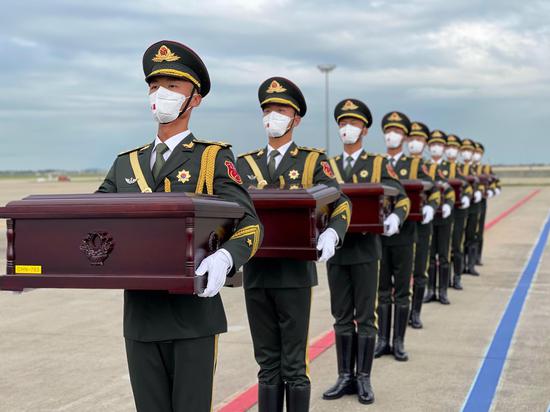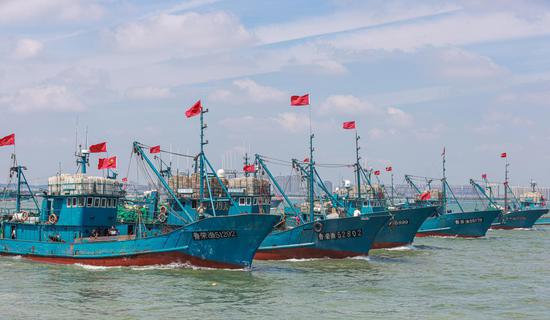Flying high
Song Yin had all the qualities needed to become an athlete, but after graduating from university, she joined an aerial rescue team, rising to become a captain.
Born in Shanghai in 1986, Song started work as a pilot when she was 24, has taken part in more than 200 missions and saved 218 people who were trapped.
A pilot with the East China Sea No 1 Rescue Flight Team, one of the four such teams affiliated with the Ministry of Transport, she is one of the China's first female captains on maritime rescue helicopters.
"It's cool being a pilot, and rescuing people is something that is absolutely worth doing," she said.
"In my experience, gender plays no role in a pilot's performance. Men and women pilots are trained through the same standard system."
Majoring in ocean navigation at university, Song spent two years obtaining her pilot's license after training at home and abroad. Four years after joining the rescue team, she was promoted to captain at age 28.
A captain faces challenges in finding time and space amid strong winds and high waves to lower a lifeguard to rescue people trapped at sea.
"Because the lifeguard can be close to a boat at one moment and 10 meters away from it the next, the captain needs 100 percent concentration to prevent the lifeguard crashing into the boat," she said.
"Waves out at sea can be as high as 7 or 8 meters sometimes."
A rescue mission five years ago left a deep impression on Song. Minutes after taking off, she learned that the location of a fishing boat was 37 km farther away than originally reported.
Flying farther means the crew has less time to do its work at a rescue scene, given the limited range of a helicopter.
When the crew reached the scene, Song saw that the rear deck of the boat was on fire. If the fire had continued, the vessel's gas and oil tanks could have exploded at any time, possibly resulting in deaths. Heavy smoke from the vessel could also have caused the hovering helicopter's engine to surge.
Song decided to hover at a higher altitude to avoid the dense smoke and to find the right time to lower a lifeguard to the deck. All 10 fishermen were rescued quickly.
"I've encountered numerous unexpected situations and dangers in rescue work, but each time I return to base with those who have been saved, I feel a deeper dedication to this profession," she said.
Song represented the nation's ocean rescue system at an international industrial conference in Europe, at which she discovered there are far more women pilots in the West than in China.
There are only two female pilots in Song's team-herself and a classmate from university. Song said the team only recruits women pilots in the year they graduate, unlike in the West, where they are also recruited at other times.
"I don't think women feel more strain than men in this profession, as it's not an easy job being a pilot-male or female," Song said.
When she was a teenager, many sports schools showed an interest in Song. Now, she is not only adept at operating a helicopter, she is also good at running marathons, cycling, rock climbing, tennis and basketball.
She said sports help improve psychomotor skills, which are crucial for pilots, and also helps her maintain fitness.
"Looking back, I find that all the dots in my life are actually interconnected and have made me who I am today. Each step in one's life is traceable," she said.











